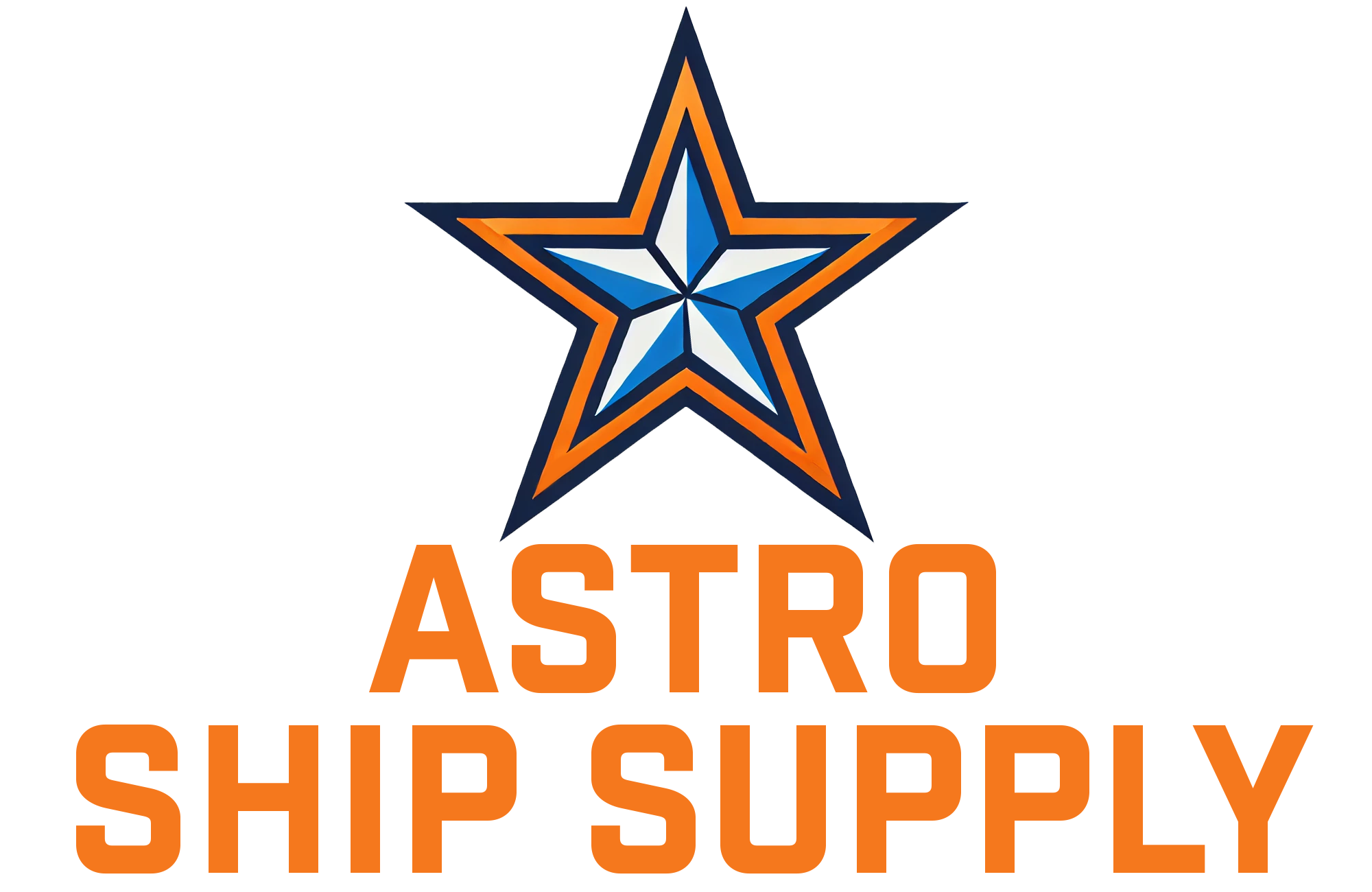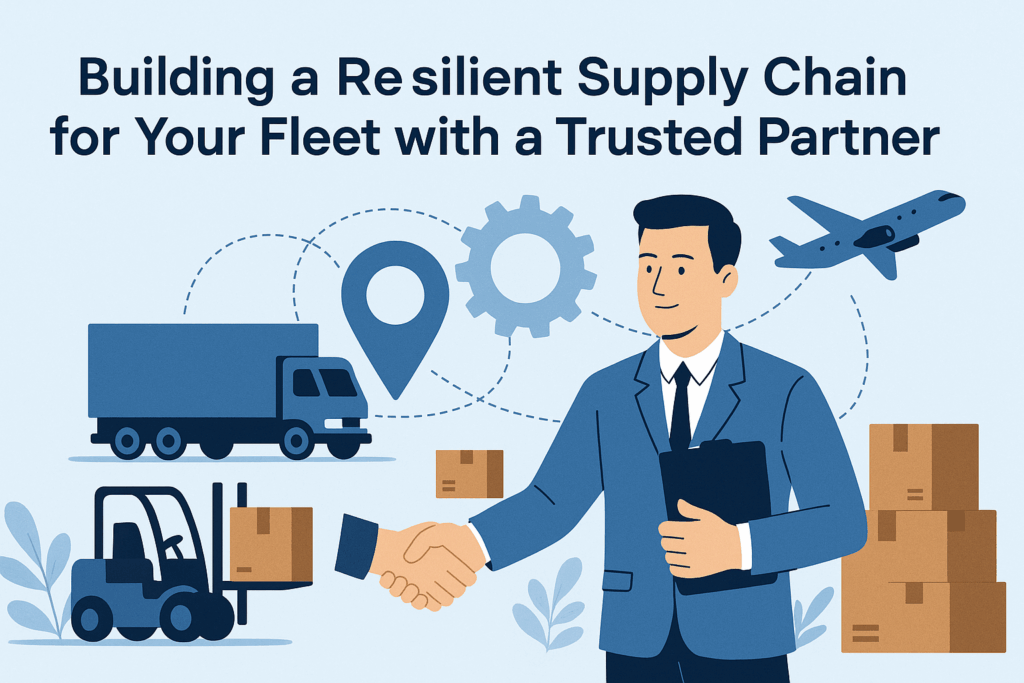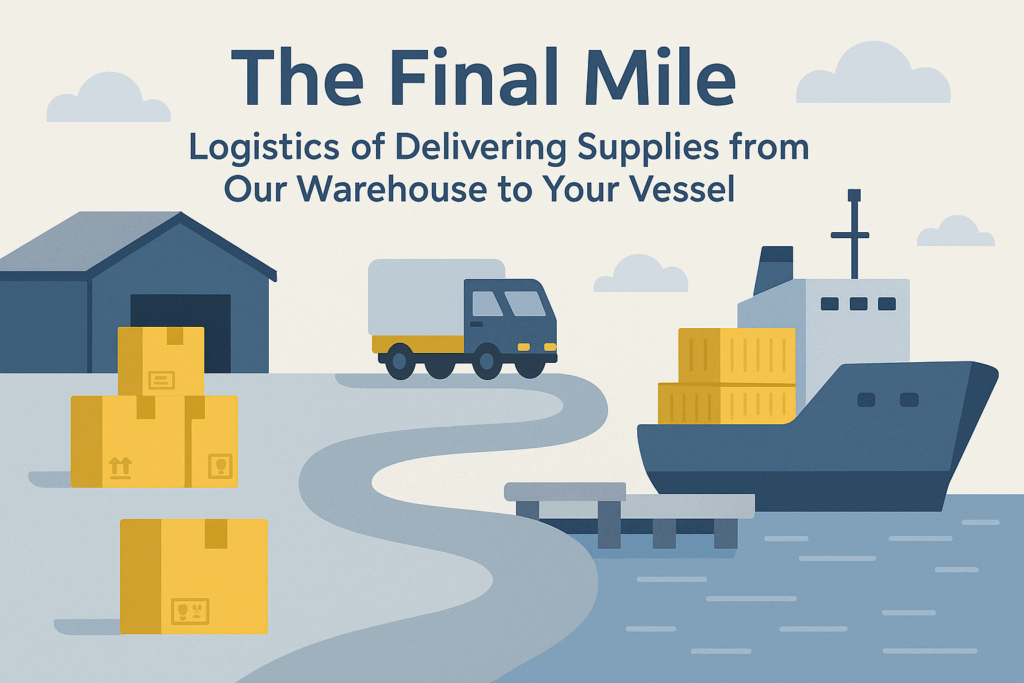You might wonder, what does a “day in the life” of a quality control team upholding HACCP truly look like in a bustling ship chandlery? It’s a dynamic interplay of meticulous inspections, rigorous monitoring, and continuous training, all designed to safeguard the health and well-being of seafarers across the globe. Join us as we pull back the curtain and reveal the intricate processes that keep your crew nourished and your operations smooth, day in and day out.
The Cornerstone of Safety: Understanding HACCP in Maritime Provisions
Before we dive into the operational specifics, let’s briefly clarify what HACCP entails and why it’s so vital for ship chandlers. HACCP is a systematic preventive approach to food safety from biological, chemical, and physical hazards in production processes that can cause the finished product to be unsafe, and designs measures to reduce these risks to a safe level. For a ship chandler, this means a comprehensive framework that addresses every potential point of contamination or spoilage, from the moment goods arrive at our Texas-based warehouses to their final placement on board a vessel.
The Seven Principles of HACCP: Our Guiding Stars
- Principle 1: Conduct a Hazard Analysis. We identify potential biological (e.g., bacteria, viruses), chemical (e.g., cleaning agents, pesticides), and physical (e.g., glass, metal fragments) hazards that could occur at each step of the food supply chain.
- Principle 2: Determine the Critical Control Points (CCPs). These are points where control can be applied and is essential to prevent or eliminate a food safety hazard or reduce it to an acceptable level. For us, CCPs might include receiving temperatures, storage temperatures, and handling procedures.
- Principle 3: Establish Critical Limits. For each CCP, we set specific, measurable boundaries that must be met to ensure food safety (e.g., maximum temperature for refrigerated goods).
- Principle 4: Establish Monitoring Procedures. We implement planned observations or measurements to assess whether a CCP is under control. This involves regular temperature checks, visual inspections, and record-keeping.
- Principle 5: Establish Corrective Actions. If monitoring indicates a deviation from a critical limit, we have pre-defined actions to take (e.g., rejecting a delivery, isolating affected products).
- Principle 6: Establish Verification Procedures. We regularly verify that the HACCP system is working effectively through audits, calibration of equipment, and record review.
- Principle 7: Establish Documentation and Record-Keeping Procedures. Comprehensive records are maintained for all HACCP activities, providing traceability and accountability.
A Day in the Life: From Warehouse to Gangway
Our quality control team operates with a relentless focus on detail, ensuring that the journey of every provision is safe and compliant. Let’s trace their typical day, highlighting key moments where HACCP principles come alive.
Morning: Receiving and Initial Inspection – The First Line of Defense
The day often begins before dawn, as fresh produce, meats, and other perishable goods arrive at our climate-controlled warehouse. This is a critical juncture, and our QC team is on high alert.
- Temperature Checks at Receiving: The first action is always a meticulous temperature check of incoming refrigerated and frozen goods. Using calibrated thermometers, team members verify that products are within their established critical limits. For instance, fresh fish must arrive at 0-4°C (32-39°F), and frozen meats at -18°C (0°F) or below. Any deviation triggers immediate corrective action, which could range from a detailed investigation to outright rejection of the shipment.
- Visual Inspections and Quality Assessment: Beyond temperature, the team conducts thorough visual inspections. Are packages intact? Is there any sign of spoilage, pest infestation, or physical damage? Fresh produce is assessed for bruising, discoloration, and overall freshness. This isn’t just about food safety; it’s also about upholding the premium quality our clients expect.
- Supplier Verification: Documentation from suppliers is cross-referenced, ensuring that products originate from approved sources and come with the necessary certifications. Our long-term relationships with trusted suppliers, vetted for their own food safety practices, are a testament to our proactive approach.
Mid-Day: Storage and Inventory Management – Maintaining Integrity
Once goods are accepted, their journey continues into our meticulously organized storage facilities. This phase is crucial for preventing cross-contamination and maintaining optimal conditions.
- Segregation of Products: Different food categories are stored separately to prevent cross-contamination. Raw meats are isolated from ready-to-eat foods, and allergens are clearly marked and stored to prevent accidental exposure.
- Temperature Monitoring in Storage: Our warehouses are equipped with advanced temperature monitoring systems that provide real-time data. The QC team regularly monitors these systems and performs manual checks to ensure all storage zones—refrigerated, frozen, and dry—are maintaining their critical limits. Alarms are configured to alert staff immediately if temperatures deviate.
- First-In, First-Out (FIFO) System: To ensure freshness and minimize waste, we strictly adhere to the FIFO principle. Products with earlier expiration dates are stored to be accessed and dispatched first. Regular inventory audits by the QC team reinforce this practice.
Afternoon: Order Picking and Packaging – Precision Under Pressure
As orders come in, the QC team oversees the picking and packing process, ensuring that every item prepared for dispatch is of the highest quality and safety.
- Pre-Dispatch Inspections: Before packing, each item is subjected to a final visual inspection. This double-check ensures that no compromises have occurred during storage or handling.
- Proper Packaging and Labeling: Items are meticulously packed to prevent damage during transit and maintain temperature. Perishable goods are placed in insulated containers with appropriate cooling agents. All packages are clearly labeled with contents, expiration dates, and any special handling instructions.
- Loading Procedures: The loading of provisions onto our refrigerated transport vehicles is also a CCP. The QC team verifies that the vehicles’ refrigeration units are functioning correctly and that the cargo is loaded efficiently to maintain temperature integrity during transit to the port.
Late Afternoon/Evening: Delivery and Handover – The Final Gate
The journey culminates at the gangway, where our team ensures a seamless and safe transfer of provisions to the vessel.
- Temperature Verification on Delivery: Upon arrival at the vessel, our delivery personnel (who are also trained in basic HACCP principles) re-verify the temperature of sensitive items. This final check ensures that the cold chain has been maintained throughout the entire logistics process.
- Client Handover and Documentation: The provisions are carefully handed over to the ship’s crew, often accompanied by delivery notes and any required certifications. Any concerns or observations from the crew are immediately reported back to the QC team for review and potential follow-up.
Comparative Analysis: Astro Ship Supply vs. Others
While many ship chandlers claim to adhere to food safety standards, our approach to HACCP goes beyond mere compliance, positioning us as a leader in the Gulf Coast region. Here’s how we differentiate ourselves:
| Feature/Aspect | Astro Ship Supply (HACCP-Centric) | Typical Ship Chandlers (Compliance-Only) |
|---|---|---|
| Proactive vs. Reactive | Proactive hazard identification and prevention at every step. Continuous improvement through regular audits and training. | Primarily reactive; addressing issues after they occur or in response to external audits. |
| Dedicated QC Team | Dedicated, in-house quality control team with specialized HACCP training, operating daily. | QC often integrated into operations, or handled by third parties, without a daily, dedicated focus. |
| Technology Integration | Real-time temperature monitoring systems in warehouses and transport; advanced inventory management. | Manual temperature checks; basic inventory tracking. |
| Training & Culture | Comprehensive HACCP training for all relevant staff; culture of food safety excellence from top-down. | Basic food safety awareness training; compliance often seen as a checkbox. |
| Supplier Vetting | Rigorous, ongoing vetting process for all suppliers, requiring their own food safety certifications. | Less stringent supplier selection; focus on price or availability. |
| Traceability | Full traceability of products from source to vessel, enabling quick recall if necessary. | Limited or fragmented traceability, making issue resolution challenging. |
Case Study: Averted Crisis through Proactive HACCP
The Scenario: A Subtle Anomaly
On a hot summer morning, a shipment of fresh poultry arrived at our warehouse. During the routine receiving process, our QC technician, Sarah, performed her standard temperature check. While the overall temperature of the truck was within limits, Sarah noticed a slight, almost imperceptible, elevation in the core temperature of one particular batch of chicken. It was just shy of the critical limit, but enough to trigger an alert in her trained eye.
HACCP in Action: Immediate Response
Following our established corrective action plan (HACCP Principle 5), Sarah immediately isolated the suspicious batch. Instead of simply rejecting it, she initiated a deeper investigation. She checked the supplier’s transport logs, cross-referenced them with external weather data, and consulted with her supervisor. The poultry was moved to a separate, monitored cooling area.
The Resolution: Beyond Compliance
Further testing revealed that while the chicken was still safe for consumption at that moment, the slight temperature deviation indicated a potential risk for accelerated bacterial growth over an extended period—exactly the kind of “hidden” hazard HACCP is designed to catch. Rather than delivering a product that might have compromised shelf-life or safety further down the line, Astro Ship Supply rejected the entire batch from that specific supplier for that day, sourcing a fresh, fully compliant batch from an alternative, pre-approved supplier.
The Outcome: Uninterrupted Supply, Assured Safety
This proactive intervention, driven by our deep commitment to HACCP principles and the vigilance of our QC team, prevented a potentially significant issue. The vessel received its full order of high-quality, safe poultry on time, avoiding any delays or health risks for the crew. This case exemplifies how our daily adherence to HACCP isn’t just about rules; it’s about making informed, rapid decisions that safeguard our clients’ operations and reputation.
Quotable Insights: Why Our HACCP Matters to You
- “Our HACCP compliance isn’t a checkbox; it’s the bedrock of our promise. We don’t just deliver provisions; we deliver peace of mind.” – Quality Control Lead, Astro Ship Supply
- “In the maritime world, every minute counts. Our rigorous HACCP protocols mean you never have to worry about food safety delays or incidents, keeping your journey on track.”
- “From the freshest produce to the most delicate frozen goods, our ‘cold chain’ is unbroken. That’s the Astro Ship Supply difference, powered by HACCP.”
- “Choosing a ship chandler with robust HACCP isn’t just about compliance; it’s a strategic decision that enhances crew welfare, minimizes risk, and supports uninterrupted vessel operations.”
Beyond Provisions: A Holistic Approach to Ship Supply
While this article has focused on food provisions, our dedication to quality and safety extends across all our services. Whether it’s deck supplies & equipment, cabin & accommodation essentials, or bonded store items, the underlying principles of quality control, timely delivery, and exceeding expectations remain constant. Our ISO 9001:2015 certification for Quality Management System further underscores our holistic approach to operational excellence.
Our goal is to be your trusted partner, providing smart solutions that ensure your vessel is always prepared. With 24/7 support via email, text, or phone, we’re always here to help you navigate the complexities of maritime logistics.
Frequently Asked Questions (FAQ)
What is HACCP and why is it important for ship chandlers?
HACCP (Hazard Analysis and Critical Control Points) is a systematic preventative approach to food safety that identifies potential hazards and designs measures to reduce these risks. For ship chandlers like Astro Ship Supply, it’s crucial because it ensures that all food provisions supplied to vessels are safe, free from contamination, and maintain their quality from our warehouse to the ship’s galley, directly impacting crew health and vessel operations.
How does Astro Ship Supply implement HACCP daily?
Our quality control team implements HACCP daily through rigorous processes. This includes meticulous temperature checks upon receiving goods, continuous monitoring of storage temperatures, strict segregation of products to prevent cross-contamination, adherence to FIFO (First-In, First-Out) inventory management, thorough pre-dispatch inspections, and careful maintenance of the cold chain during transport and delivery to the vessel. Every step is documented and verified.
What are the benefits of choosing a ship chandler with strong HACCP compliance?
Choosing a ship chandler with robust HACCP compliance offers numerous benefits, including assured food safety for your crew, reduced risk of foodborne illnesses or spoilage, minimized operational delays due to compromised provisions, enhanced crew morale and well-being, and greater confidence in the quality and reliability of your supplies. It ultimately contributes to smoother, more efficient maritime operations.
How does Astro Ship Supply ensure the cold chain is maintained during transit?
Maintaining the cold chain is a critical control point for us. We use insulated containers and refrigerated transport vehicles equipped with advanced temperature monitoring systems. Our delivery personnel are trained to perform final temperature checks upon arrival at the vessel, ensuring that perishable goods remain within their safe temperature limits from our warehouse until they are successfully handed over to the ship’s crew.
Does Astro Ship Supply’s commitment to quality extend beyond food provisions?
Absolutely. While HACCP specifically applies to food safety, Astro Ship Supply’s dedication to quality is holistic. Our operations are ISO 9001:2015 certified, demonstrating our commitment to quality management across all services, including deck supplies, cabin and accommodation essentials, and bonded store items. We apply rigorous quality control and efficiency principles to every aspect of our supply chain to ensure excellence in every delivery.






